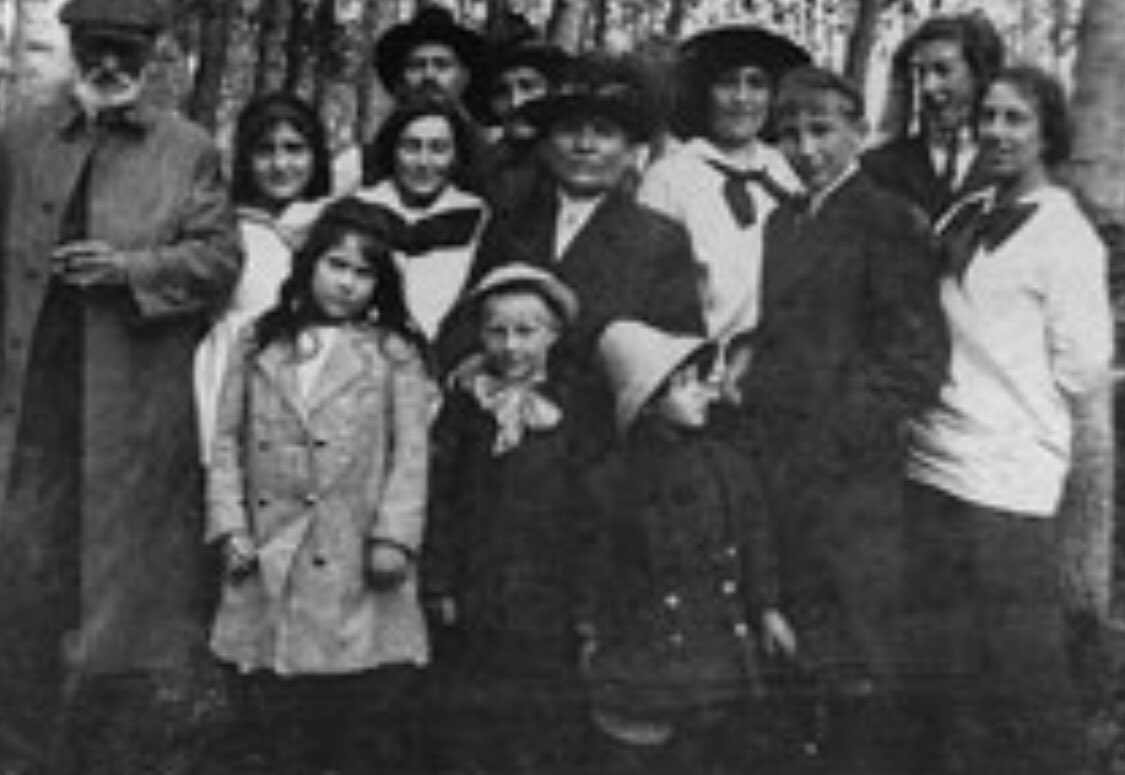
Elaine McCoy was an icon of Alberta politics. She followed in the footsteps of Peter Lougheed, succeeding him as MLA for Calgary West. She was a cabinet minister in Don Getty’s government, handling some tricky portfolios in a time of transition.
When I first started work as a journalist, she cut a stylish swarth through Alberta political culture. She was beautiful, elegant, always fashionably groomed. She brought glamour and charisma to the Getty government, when neither was in abundant supply.
When Don Getty stepped down, Elaine McCoy ran for the Tory leadership. It’s intriguing to think that in an alternate timeline, she, instead of Ralph Klein, might have become premier. But that was not to be.
Instead, she was appointed to the Senate of Canada by Paul Martin, in 2005. She was a loyal Progressive Conservative, so it was a bold appointment for PM Martin to make. But Elaine McCoy saw across party lines. She spent her time in the Senate as an Independent. In every sense.
An authentic Alberta maverick, Elaine McCoy had a vision of a role for independent senators, who were not beholden to any party. She became the first leader of the @ISGSenate - the godmother of the reforming Senate as we know it today.
When @MetisSenatorPLB & I were appointed to the Senate to represent Alberta in 2018, she greeted us as a mentor, with lots of advice and ideas, delivered over lunch and in committee breaks.
I watched and learned, as she fought tirelessly for Alberta’s interests, especially when it came to bills such as C-69 and C-48. Elaine McCoy was passionate about protecting the environment- and she knew Calgary’s energy sector intimately. She worked relentlessly to find balance.
Despite failing health, Elaine McCoy never flagged in her love for her province or her passion to change the Senate for the better. And she never backed down from an argument. She spoke out, and never mind whose feathers she ruffled.
Because of health problems that prevented her from flying, she hadn’t been home to Alberta for some time. But all Albertans, of all political stripes, should know what a great champion of our complex province she was. With her death, we have lost a powerful voice.
• • •
Missing some Tweet in this thread? You can try to
force a refresh



